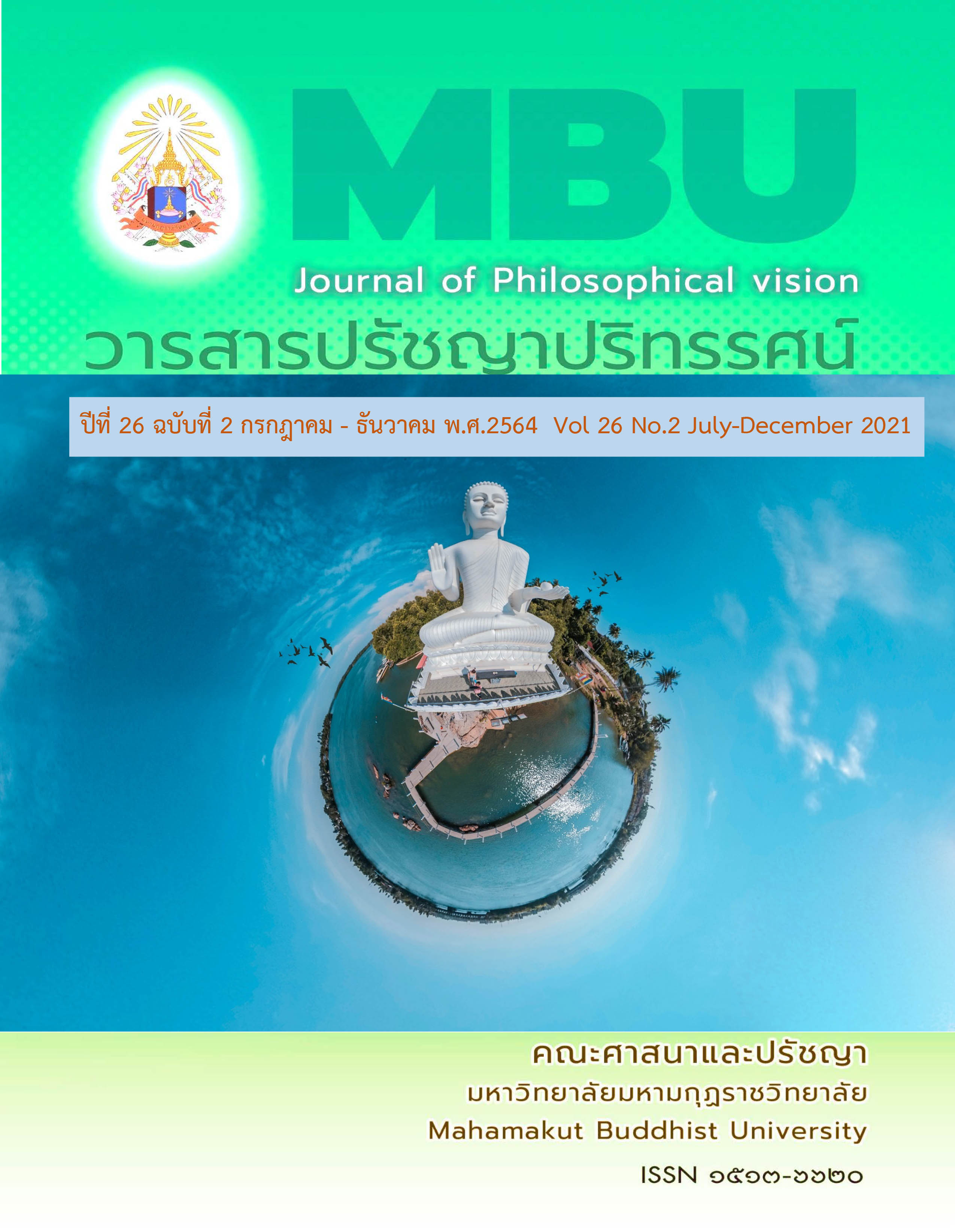Factors Influencing Consumer Trust Based on Sharing Economy: A Case of Chongqing, China
คำสำคัญ:
Consumer Trust, Influencing Factors, Sharing Economyบทคัดย่อ
The research article names Factors Influencing Consumer Trust Based on Sharing Economy: A Case of Chongqing, China was the objectives of this study i.e., to study the influential factors of consumer trust based on sharing economy, and to find out what factors influence on consumer trust based on sharing economy in Chongqing, China. Consumers trust model in the sharing economy environment is established, and the hypothesis of the relationship between model variables is proposed, and survey questionnaire was used to collect the data from 400 consumers. The research employed One-way ANOVA and multiple regressions to test variables and to test hypothesis. The results from this study revealed that consumer trust propensity, consumer personal perception and experience, perceived quality, perceived price, platform reputation and platform ease of use, platform responsiveness, sharer credibility and government regulation have significant influence on consumer trust.
Downloads
เอกสารอ้างอิง
Ajzen, I. (1985). From Intentions to Actions: A Theory of Planned Behavior. In Action control (pp. 11-39). Springer, Berlin, Heidelberg.
Benbasat, I., Gefen, D., & Pavlou, P. A. (2008). Trust in Online Environments. Journal of Management Information Systems. 24(4), 5-11.
Botsman, R., & Rogers, R. (2010). What’s Mine is Yours. The Rise of Collaborative Consumption.
Chen, L., & Wang, R. (2016). Trust Development and Transfer from Electronic Commerce to Social Commerce: An Empirical Investigation. American Journal of Industrial and Business Management. 6(05), 568-576.
Chan, B., & Keat, O. B. (2020). Academic Credit System in Contributing to Online Self-regulated Learning in China. Journal of Management & Science. 18(2), 66-71.
Felson, M., & Spaeth, J. L. (1978). Community Structure and Collaborative Consumption: A Routine Activity Approach. American Behavioral Scientist. 21(4), 614-624.
Feng Yujun. (2001). Transaction Cost Analysis of Contract Law. Journal of Renmin University of China. 05, 100-105.
Mayer, R. C., Davis, J. H., & Schoorman, F. D. (1995). An Integrative Model of Organizational Trust. Academy of Management Review. 20(3), 709-734.
Ma, Y., & Zhang, H. (2019). Development of the Sharing Economy in China : Challenges and Lessons. In Innovation, Economic Development, and Intellectual Property in India and China (pp. 467-484). Singapore : Springer.
McKnight, L. R., & Loper, A. B. (2002). The Effect of Risk and Resilience Factors on the Prediction of Delinquency in Adolescent Girls. School Psychology International. 23(2), 186-198.
Morgan, R. M., & Hunt, S. D. (1994). The Commitment-trust Theory of Relationship Marketing. Journal of Marketing. 58(3), 20-38.
Peng Fei (2014). User Adoption Research of O2O Business. Beijing : Beijing University of Posts and Telecommunications.
Venkatesh, V., & Davis, F. D. (2000). A Theoretical Extension of the Technology Acceptance Model : Four Longitudinal Field Studies. Management Science. 46(2), 186-204.
ดาวน์โหลด
เผยแพร่แล้ว
รูปแบบการอ้างอิง
ฉบับ
ประเภทบทความ
สัญญาอนุญาต
ลิขสิทธิ์ (c) 2021 มหาวิทยาลัยมหามกุฏราชวิทยาลัย

อนุญาตภายใต้เงื่อนไข Creative Commons Attribution-NonCommercial-NoDerivatives 4.0 International License.
บทความวิชาการและบทความวิจัย ในวารสารฉบับนี้ ถือเป็นความรับผิดชอบของผู้เขียนเท่านั้น
สงวนลิขสิทธิ์ตามพระราชบัญญัติลิขสิทธิ์






